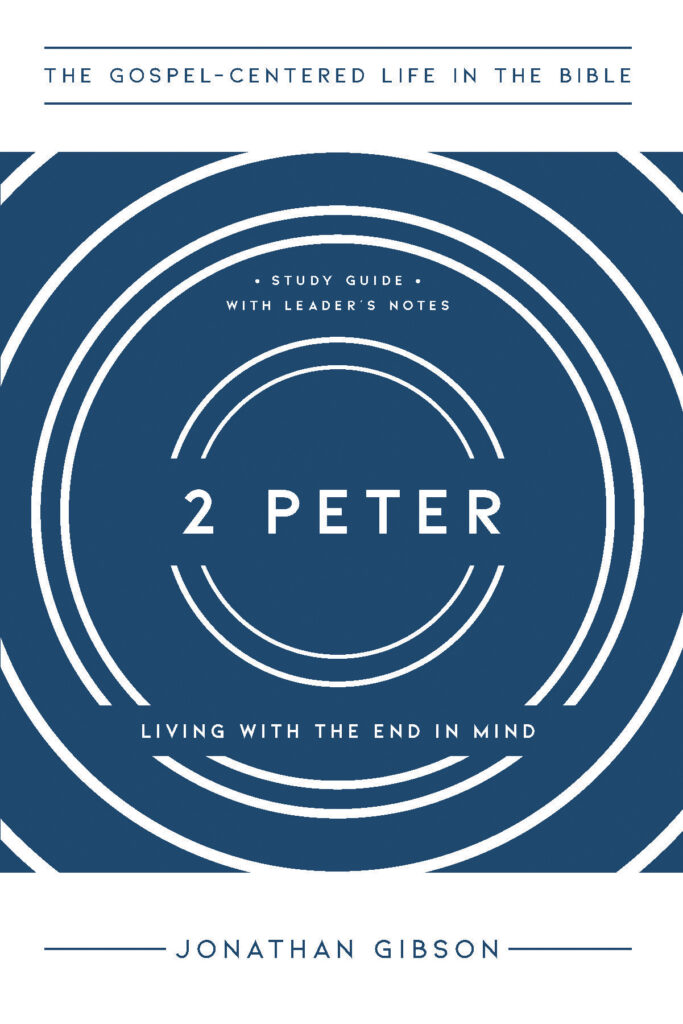A few years back, an evangelical organization where I lived put on a debate. It pitted a Christian professor at a well-known university, who was also an ordained minister, against an atheist professor. At one point, the Christian minister was asked an easy question meant to let him defend the evidence for Christ’s resurrection. I can still remember what he said instead: “Of course, when we Christians talk about the resurrection, we’re not saying that Jesus literally walked out of the grave in a bodily fashion. We’re just speaking about a spiritual resurrection of some kind.”
A few weeks later, the committee of Christians who had planned the debate invited me to meet with them. The meeting began with discussion about how the debate had gone, and the response was generally positive. When I raised a concern about the Christian minister denying the bodily resurrection of Christ, one person on the committee said, “Oh yes, I mean, apart from the heterodoxy, I think it was a great success. We all knew that minister was a bit heterodox, but the debate got the most downloads on the internet we’ve ever had!”
What struck me that day was not an inability to discern false doctrine. The gentleman on the committee admitted this minister was heterodox—out of line with right doctrine. No, what struck me was the indifference and apathy toward false doctrine. In the Bible, false teaching is never a matter of indifference or apathy. It is serious business. False prophets and false teachers get damned for it. (For example, see Deuteronomy 13:5; Jeremiah 23:14–15; Matthew 7:13–15; Galatians 1:8.)
That’s because false teaching is a deadly virus that attacks the organism of Christ’s body, the church. Peter repeatedly says these heresies lead to “destruction.” In the New Testament, the word he uses often means damnation to hell. The response of Christ’s body to such viruses should be to identify them and then eliminate them. The church must have a doctrinal immune system.
False teachers will always be with us. Peter points out how they have hidden among God’s people since Old Testament days. In fact, it all began in the garden of Eden with the first false teacher, the serpent—Satan himself—who twisted God’s words, leading to death. With so much at stake, Peter uses the opening verses of chapter 2 to help us identify false teachers and see why they are so dangerous. He gives us four characteristic traits.
1. Underhanded agendas
False teachers secretly bring in destructive teaching from the outside. In Peter’s day, these false teachers were probably influenced by Epicurean philosophy in Greco-Roman culture, and they wanted to introduce it into the church. The Epicureans claimed there was no God providentially controlling the world or speaking truth into it, meaning we should live for pleasure and sensual indulgence. [Peter H. Davids discusses the likely Epicurean influence on the false teachers in The Letters of 2 Peter and Jude (Grand Rapids: Eerdmans, 2006), 133–36.] This teaching did not arise from Scripture but was brought in from outside. That’s the great danger in all attempts to integrate secular thinking with Christian doctrine. Just read church history: taking direction from outside philosophies always leads away from orthodox doctrine and a Godlike life. First you reject the Bible’s miracles, and soon you rethink its morality.
2. Fake belief
False teachers are, or once were, professing believers. Peter even speaks of them in a way that sounds like Christ had saved them, since outwardly they looked connected to the Savior. But inwardly, something very different was going on, and their outward connection to Christ made their indulgent behavior and false teaching all the more damnable. Of all people, they should have known better. Their fakeness made them that much more accountable.
3. Disgrace on the church
False teachers are popular and have followers. This means they cause the way of truth to be blasphemed. In Peter’s case, the false teachers’ wrong beliefs about Christ—that he will not return in judgment—led them into an unchristian lifestyle. They concluded it was okay to be a Christian and get drunk, sleep around, and so on—much like many who profess Christ today. The effect of such living is that other Christians are led astray into similar lifestyles. Then onlookers start to associate Christ with those lifestyles. The way of truth suffers disgrace.
4. Greedy exploitation
The attitude of false teachers is not sacrifice but greed. They don’t seek to serve others, only themselves. Like some wealth-and-prosperity preachers today, Peter says the false teachers exploit people with fabricated, plastic words. Those who accuse the apostles of manufacturing myths about Jesus are actually the ones inventing false words. Those whom Christ supposedly bought are now trying to make money off those he truly bought, exploiting Christ’s own people.
All of this is what false teachers do. That day during the debate, when the so-called Christian minister denied the bodily resurrection of Christ, a deadly doctrinal virus was disseminated in the lecture hall and later through the internet. All that minister did was lead people one step closer to hell.
His comments were all the more damnable because he knew better. He was ordained in a denomination whose doctrinal statement affirms the bodily resurrection of Christ, as the Bible does repeatedly. (See Luke 24:36–43; John 20:24–29; Acts 2:24–32; 10:40–41; 1 Corinthians 15:3–20, 35–49.) On top of that, one of the biggest disgraces was that he received an honorarium when he had failed to do what he was invited to do—defend the Christian faith. He got paid for a heresy, and those are never harmless or neutral—they’re destructive. May God build the immune system of Christ’s body so that we can identify such people who would draw us away from trusting Christ and from the Godlike life.
Excerpted from 2 Peter: Living with the End in Mind © 2023 by Jonathan Gibson. Used with permission of New Growth Press. May not be reproduced without prior written permission.







